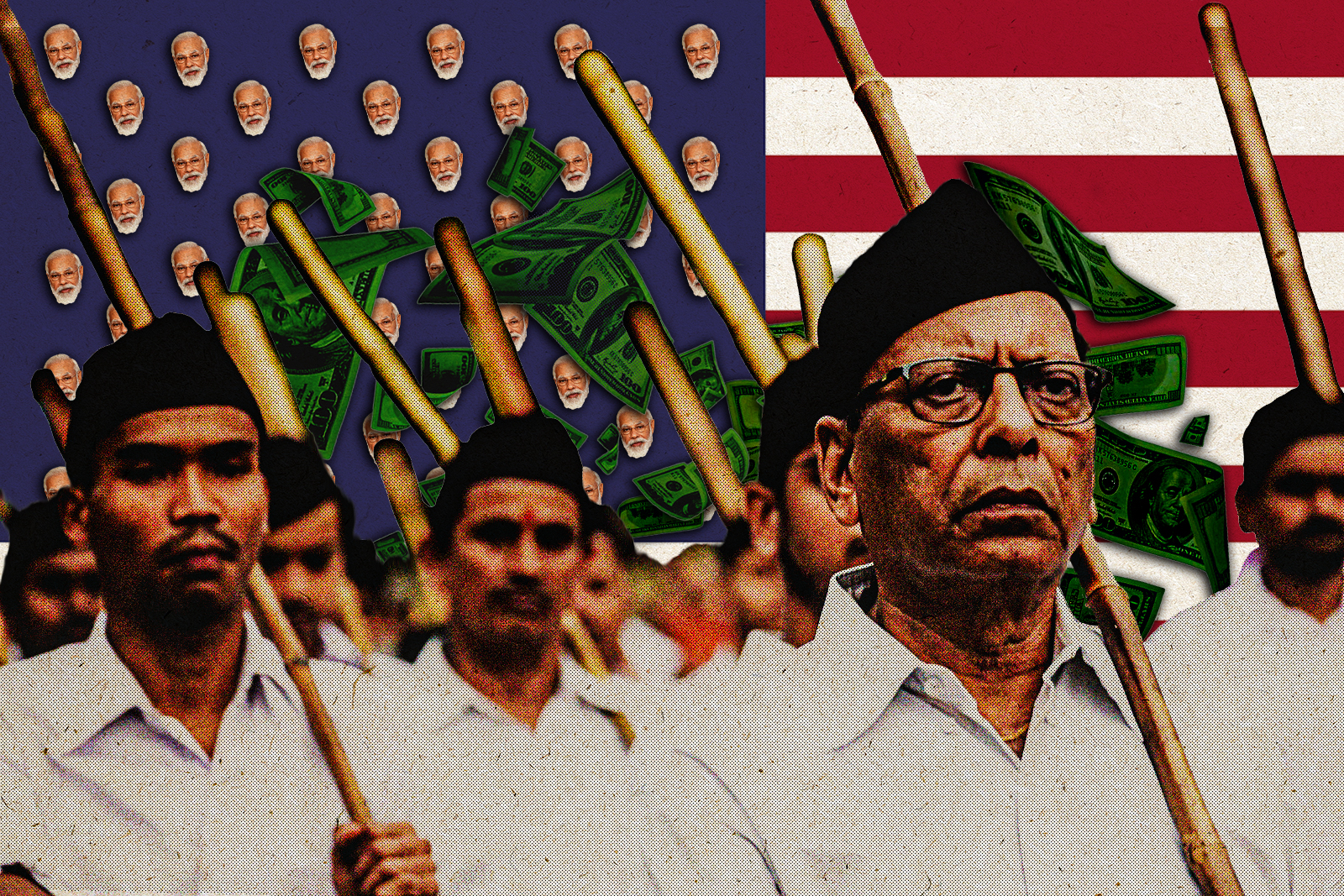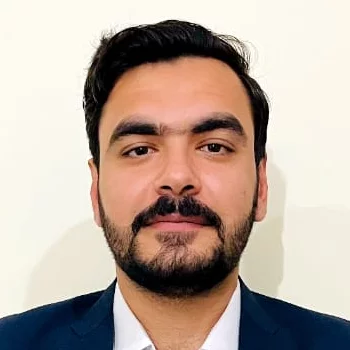
How Americans are Helping Fund Hindu Extremism in India
The Rashtriya Swayamsevak Sangh (RSS) is an Indian right-wing, Hindu paramilitary group that has been accused of promoting violence and intolerance under the guise of Hinduism. It was founded in 1925 by Keshav Baliram Hedgewar, a physician and activist who drew inspiration from fascist movements in Europe. Hedgewar’s goal was to establish a Hindu-only nation in India. The RSS adopts a paramilitary structure, training its members in hand-to-hand combat and weapons, preparing them for potential conflicts with Muslims and other minority groups.
The RSS has close ties with the Bharatiya Janata Party, India’s ruling political party led by Prime Minister Narendra Modi, a former member of the RSS. The RSS and other Hindu nationalist groups played a key role in Modi’s national rise to power a decade ago. The history of the RSS is tainted by bloodshed.
One notable incident was the assassination of Mahatma Gandhi in 1948 by Nathuram Vinayak Godse, a member of the Rashtriya Swayamsevak Sangh. Additionally, its members were involved in the destruction of the Babri Masjid mosque in 1992. The RSS’s alleged complicity in the Gujarat riots of 2002, led to accusations against Modi himself, who was the Chief Minister of Gujarat at the time. Because of its history of violence, the Indian government has banned the RSS on three separate occasions.
However, its reach extends far beyond India. During the height of the pandemic, Al Jazeera reported that several Hindu supremacist organizations based in the United States were the recipient of COVID relief funds totaling $833,000 through the Small Business Administration (SBA).
The Massachusetts-based Vishwa Hindu Parishad of America (VHPA) was the recipient of more than $150,000 through Paycheck Protection Program (PPP) loans and received another $21,430 in SBA loans. The VHPA is a U.S. offshoot of the Hindu far-right organization Vishwa Hindu Parishad (VHP) which is the cultural wing of the Rashtriya Swayamsevak Sangh.
According to Georgetown University’s Bridge Initiative, “VHP played a central role in the 1992 demolition of Babri Masjid, a 16th-century mosque in Ayodhya, Uttar Pradesh, that the Hindu far-right claims was built on top of the birthplace of the Hindu god, Lord Ram. Following the demolition, there were subsequent riots that killed more than 2,000 people, mostly Muslims. VHP is also accused of orchestrating the violence during the 2002 anti-Muslim pogroms in Gujarat state, killing over 1,000 Muslims. A UK government inquiry into the pogroms found that the violence was pre-planned and that ‘the VHP and its allies acted with the support of the state government.’ In recent years, VHP leaders have been advocating for the genocide of the country’s Muslim citizens.”
The Houston-based Ekal Vidyalaya Foundation of USA, which is directly associated with the RSS received $70,000 in loans. A 2009 report issued by a committee established by India’s Ministry of Human Resource Development said the following regarding Ekal Vidyalaya-run schools in India: “The training to the teachers of Ekal schools was mainly to spread communal disharmony in the communities and also to inculcate a fundamentalist political ideology…creating enmity amongst communities on the basis of religion.”
Similarly, the Princeton-based Infinity Foundation, founded by Rajiv Malhotra, a proponent of the Hindutva ideology, received $51,872 in pandemic-era loans and grants. Additionally, the Texas-based Sewa International, which has close ties to the RSS, received $150,621 in COVID relief funds.
Not to be outdone, the Washington-based Hindu American Foundation (HAF), co-founded by former VHPA activist Mihir Meghani, received close to $400,000 in government loans.
A report released by the South Asian Citizen Web, and written by Jasa Macher, reveals that charitable organizations based in the United States have made substantial contributions to groups in India affiliated with the Rashtriya Swayamsevak Sangh. As The Print highlights regarding the report, there isn’t much of a digital footprint regarding the author which is worrisome. Regardless, the report is illuminating. Between 2001 and 2012, the Ekal Vidyalaya Foundation and VHPA contributed $27 million and $3.9 million, respectively. The Hindu American Foundation granted $1.9 million to colleges and academic institutions to promote Hindu supremacy. Similarly, Sewa International allocated $3,300,000 to right-wing organizations in India.
The financing of these groups has become a pressing issue. In his book Politics after Television, Arvind Rajagopal, a media studies professor at New York University, discusses the persistent problem of the RSS accepting foreign funds through its branches outside India.
Questions must be asked of these U.S.-based Hindu groups that are openly funding institutionalized hate back in India and why the U.S. government doesn’t have more stringent safeguards to prevent their funding.
